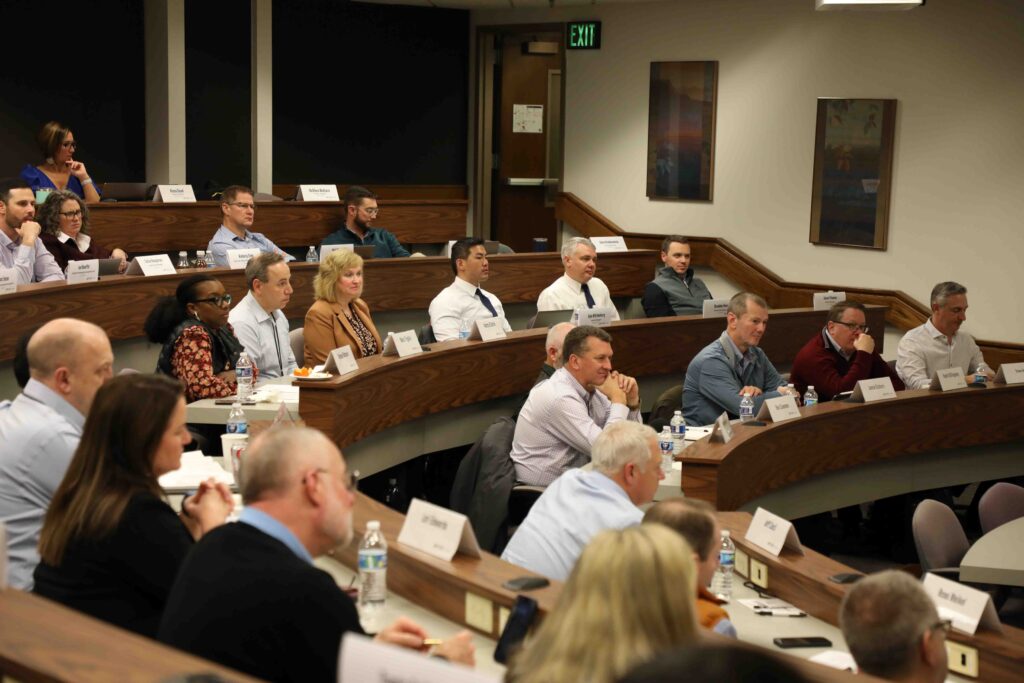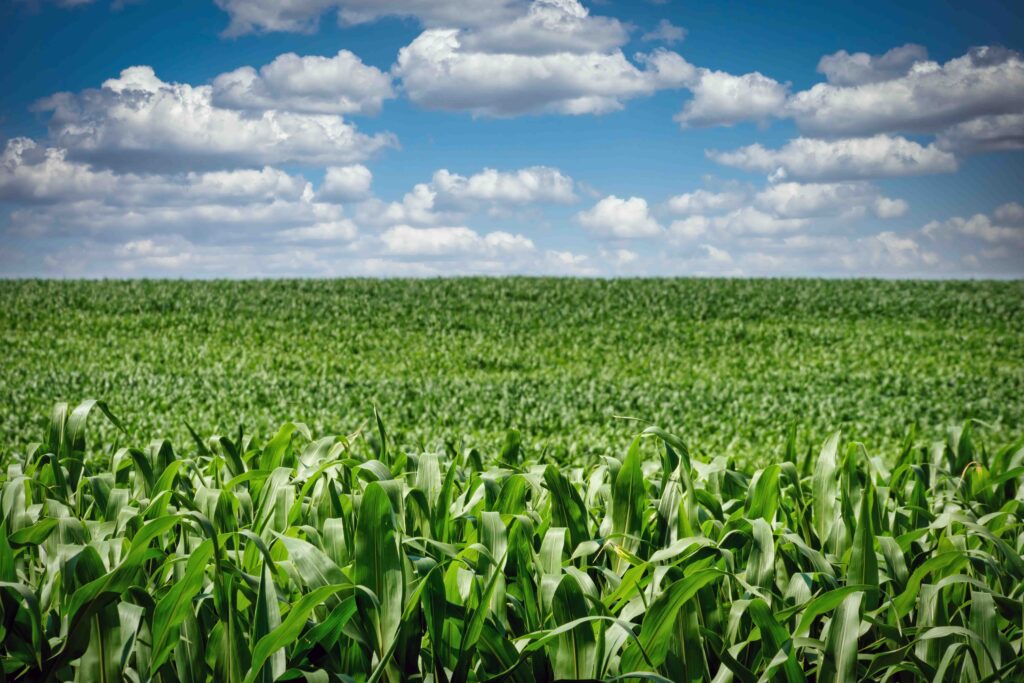The increasing digitization of agribusiness has brought unprecedented efficiency and connectivity to supply chains, but it has also introduced a growing and often underestimated threat: cyberattacks. The recent rise in ransomware incidents, data breaches and supply chain disruptions highlights an urgent need for agribusinesses to take cybersecurity seriously. In an industry traditionally focused on biological risks, market fluctuations, and environmental uncertainties, the digital threats lurking in the background have received far too little attention.
The rising threat of cyberattacks on agribusiness
Agri-food systems increasingly rely on technology for operations, logistics and financial transactions. Automated irrigation systems, GPS-guided machinery, blockchain for supply chain traceability and AI-driven market forecasting are just a few examples of this burgeoning digital transformation. While beneficial to the bottom line, these innovations can also make agribusinesses a prime target for cybercriminals.
Consider the figure below, which demonstrates growth in cybersecurity attacks in the agricultural and food sectors. In 2023, agriculture ranked as the seventh most targeted industry for ransomware attacks. High-profile incidents, such as the $11 million ransomware attack on JBS, one of the world’s largest meat processors, and the $10.5 million cyberattack on Dole, underscore the vulnerabilities in food supply chains. These attacks disrupted production, delayed shipments and threatened the stability of entire supply chains. The FBI and USDA have repeatedly warned that agribusinesses must prepare for escalating cyber threats, particularly those with large-scale digital integrations.
Figure 1: Cybersecurity attacks in the agricultural and food sectors

Why agribusinesses are vulnerable
Agribusinesses are uniquely susceptible to cyberattacks for several reasons:
- Lack of investment: Many small- and mid-sized agribusinesses have not prioritized cybersecurity. Unlike financial institutions or tech firms who allocate significant resources to cyber defenses, agricultural enterprises often operate with outdated software and weak network security.
- Complex supply chains: A breach at any point in the agricultural supply chain can ripple across the entire system, disrupting operations and leading to financial losses.
- Just-in-time logistics: Modern agribusiness relies on just-in-time production and delivery, leaving little margin for error. A cyberattack could lock up software or halt transportation, causing immediate and severe disruptions.
- Lack of awareness and training: Many agribusiness employees lack training in recognizing phishing attempts, malware threats or social engineering tactics. The absence of routine cybersecurity training makes organizations vulnerable to human error.
- High-value targets: Cybercriminals see agribusinesses as lucrative targets, exploiting proprietary agricultural data and financial transactions hostage through ransomware.
The financial and operational impact of a cyberattack on agribusiness can be severe. Cyberattacks can lead to:
- Direct financial losses from ransom payments, fraud or theft.
- Operational downtime, delaying production and distribution.
- Supply chain disruptions, affecting downstream businesses and consumers.
- Regulatory fines and legal repercussions for failing to protect sensitive customer and supplier data.
- Loss of consumer trust in food safety and supply chain reliability.
Recent advancements in artificial intelligence (AI) have made it easier for cybercriminals to target small and medium-sized agribusiness producers. AI-powered hacking tools automate phishing campaigns, generate highly convincing fake emails and even bypass traditional security measures using deep learning algorithms. These tools enable attackers to execute more sophisticated and widespread attacks with minimal effort, making it increasingly difficult for smaller producers with limited cybersecurity infrastructure to defend themselves. As AI continues to evolve, its misuse by cybercriminals will pose an even greater challenge for agribusinesses trying to safeguard their digital assets.
Best practices for cybersecurity in agribusiness
Agribusiness leaders must take proactive steps to strengthen their cybersecurity posture. Here are some key strategies:
- Invest in cybersecurity infrastructure: Upgrade firewalls, encryption protocols and network monitoring tools to help protect against cyber threats.
- Implement Multi-Factor Authentication (MFA): Require multiple layers of authentication to access sensitive data and systems to reduce the risk of unauthorized access.
- Conduct regular security audits: Periodically review IT systems to help identify vulnerabilities and ensure compliance with cybersecurity best practices.
- Employee training and awareness: Educate employees about phishing scams, password security and safe browsing practices to significantly reduce cyber risks.
- Develop incident response plans: Develop a well-defined strategy for responding to cyberattacks, including data backups, system restoration procedures and communication plans.
- Secure supply chain partners: Collaborate with suppliers and vendors to ensure cybersecurity best practices are upheld throughout the supply chain.
- Adopt blockchain and AI for security: Utilize emerging technologies like blockchain for supply chain traceability and AI-driven threat detection to identify potential cyber threats before they escalate.
- Engage with industry and government initiatives: Participate in cybersecurity forums, USDA programs and industry groups focused on cyber resilience for valuable resources and collaboration opportunities.
The future of agribusiness depends on its ability to adapt to an increasingly digital world. As cyber threats grow in sophistication and frequency, agribusiness leaders must recognize that protecting their digital infrastructure is as important as protecting their crops, livestock and supply chains. By taking proactive steps now, the industry can safeguard its future, ensuring a resilient food system for generations to come.





